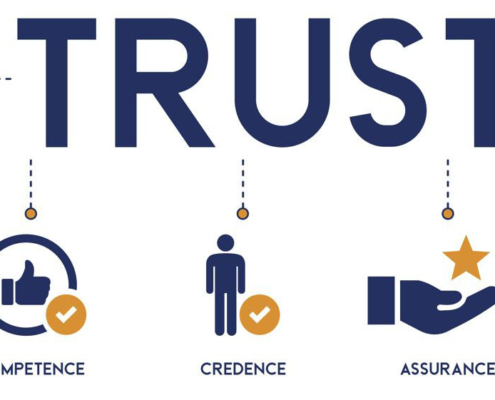What Is Important to Know About a Demand Letter?
In general, demand letters are the opening move before a lawsuit. However, demand letters can also be a great tool for resolving arguments before taking the issue to court.
Demand letters are typically used by businesses, and they are usually sent as a way to ask for owed money or restitution. However, they may also be used to demand certain actions are taken.
It can be a wise move for a business owner to have his or her attorney create a demand letter. This is because it allows the recipient time to fix the problem without the trouble of a lawsuit. A demand letter tends to provide a short history of the problem, ask for a particular resolution by a specific deadline, supply legal reasons for the demand or refer to a provision in a contract, and make clear what the sender intends to do if the demand is not fulfilled.
A Demand Letter Shows the Other Party One Is Serious
Perhaps a business is involved in an argument with another company. The business has called and emailed the other company about the issue, but the company is neither responding nor treating the issue seriously. A demand letter suggests that a lawsuit is a very real possibility, forcing the other company to take the matter seriously. They will have to consider the consequences of not complying with the demand letter.
A Demand Letter Is Seen as a Sign of Good Faith
By sending a demand letter, a business owner demonstrates that he or she is intent on resolving the issue and is not wasting the time of the courts. Courts appreciate this kind of effort to settle disputes. Therefore, a business owner should send a demand letter by certified mail and by regular mail to provide proof to the courts that he or she made an effort. Sometimes, in fact, a court may require that a petitioner send a demand letter before taking the matter through the legal system.
The Information in a Demand Letter May Be Used Against a Sender
If a business owner who sends a demand letter ends up in court over the issue, then the judge will read the demand letter. If the business owner was insulting or threatening in the letter, then this will hurt his or her case. Also harmful is asking for an unreasonable monetary sum.
Therefore, the wording of a demand letter requires thought and tact. Particular issues fall under the Fair Debt Collections Practices Act, as well as federal and state laws. A business owner should check that his or her demand letter is written in compliance with all the relevant laws.
It is also important to make sure the wording of the letter does not cause a waiver in one’s rights.
Sending a Demand Letter Can Save Money and Time
While it may cost money to have a lawyer create a demand letter and oversee a settlement, this will save a lot of money by preventing the matter from going to court. A lawsuit not only takes time, but is also very expensive. Even if a business owner wins a lawsuit against another company, he or she will be required to pay legal fees. Plus, there is no guarantee that he or she will be awarded any money.
While a demand letter does not have to be written by an attorney, a letter that comes from a law firm is going to be given more importance than a letter from elsewhere.
Do Not Ignore a Demand Letter
If a business owner has received a demand letter, it is important that he or she contact their lawyer right away. If a business owner does not respond, the sender will not simply go away, especially if they have retained an attorney.
It is therefore important to respond to the letter and try to solve the dispute. Otherwise, a business owner risks going to court. Courts tend to not look kindly on those who have ignored demand letters.
That said, a business owner does not have to give in to all demands. A business owner may make an affirmative defense, counterclaim, or otherwise try to settle the issue for a lower amount than requested.
Every business should have a policy that certified mail is given to a manager and granted immediate attention. Because there is usually a deadline provided with demand letters, they should be given high priority.
Conclusion
Demand letters can be a cheaper and more efficient way of resolving disputes. Even if the issue at hand results in a lawsuit, a demand letter demonstrates to the court that a business owner tried to work with the other party to settle.
































